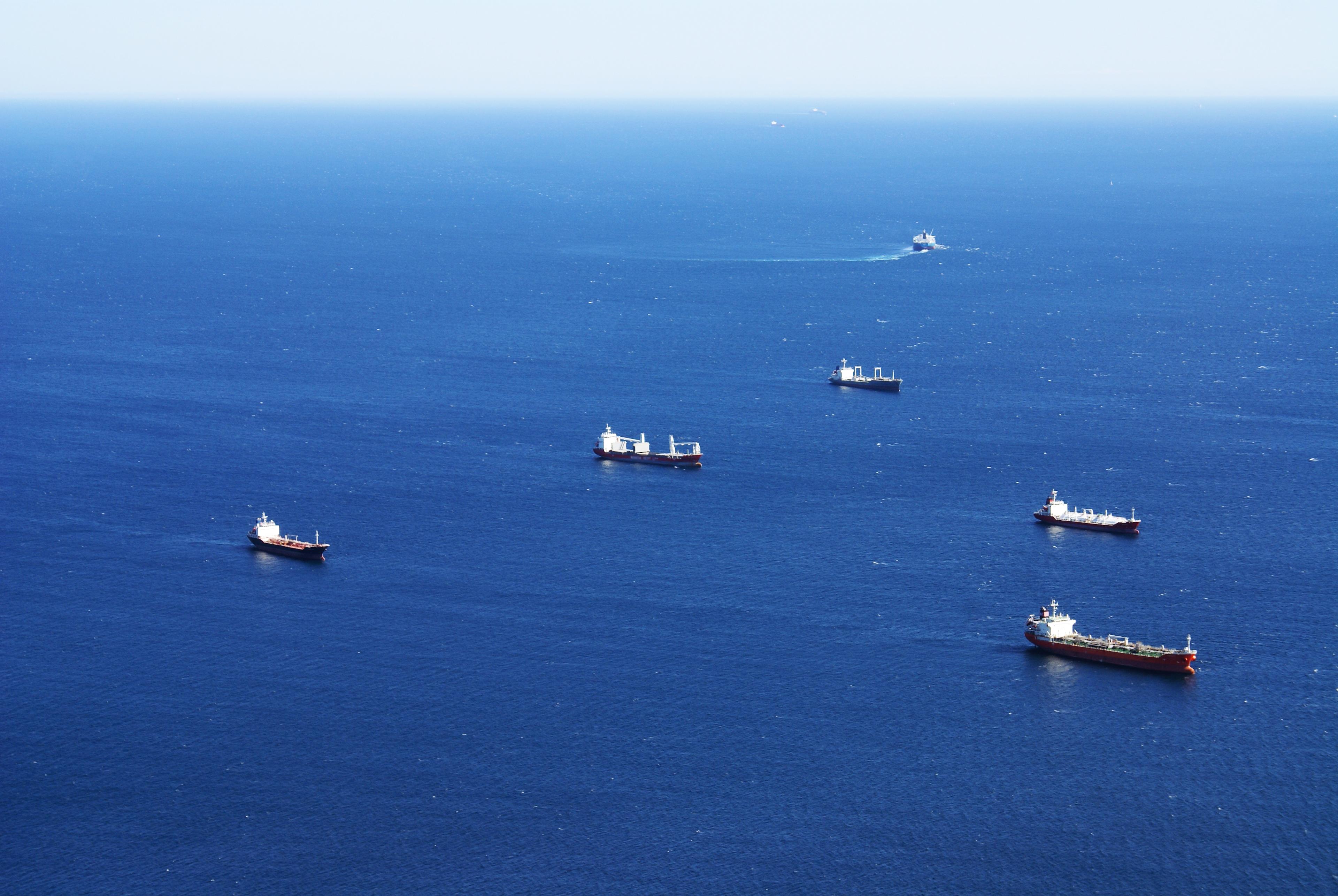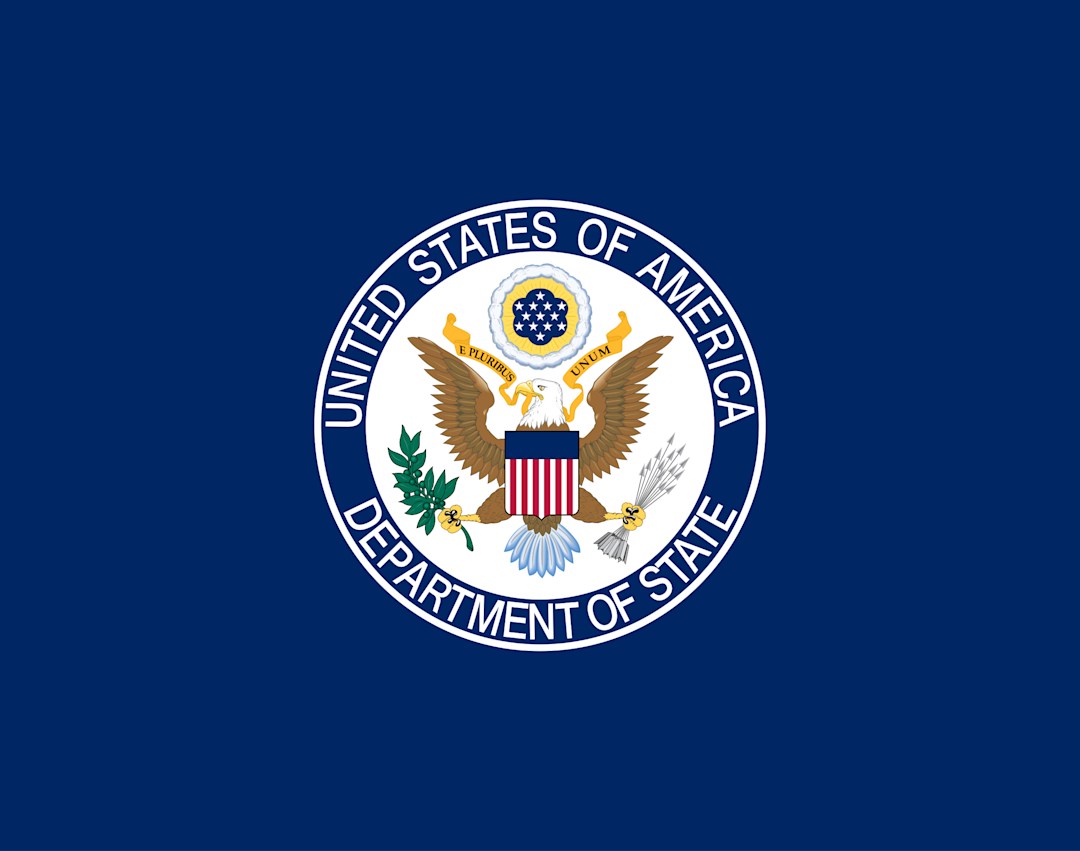From Multilateralism to Minilateralism : How Maritime Cooperation Is Changing Traditional Governance

In the 17th century, Hugo Grotius argued that the sea, like a wild animal, was not susceptible to continuous occupation and control. For Grotius, and many others, maritime jurisdiction and sovereignty in the oceans were a complex and frequently disputed topic. The 21st century has shown that these fundamental questions are being reeexamined as scepticism towards international institutions continues to grow. This is evident in the policies of the Trump administration, along with Xi Jinping’s efforts to rewrite maritime policies. As it will be explained in the article, growing tensions in the Red Sea, South China Sea and the Indo-Pacific region urge the regional powers to rethink multilateralism and look for alternative strategies for their own interests. One of the alternative strategies is ‘minilateralism’, a concept that has been widely adopted in the maritime domain. Regional middle-sized powers have an inclination towards minilateralism in hopes of geopolitical stability and fair-trading. Nonetheless, it should be argued whether the rise of minilateralism presents a positive framework on the future of ocean security or is it simply a transitional structure that faces the same risks as multilateralism.
Suez Canal and the Fragility of Maritime Governance
Since September 2023 and onwards, tensions and blockades in the Suez Canal disrupted the Bab al-Mandel route where 30% of global container traffic passes through. This incident once again demonstrated the interconnectedness of maritime routes and how instabilities in one canal can affect the worldwide maritime economy and complicate international trade as a whole. In the face of sudden disruptions in maritime commerce and security, multilateralism and international organizations show signs of lagging behind regional decision-making. As demonstrated by many maritime crises, these organizations are also seen as ineffective in responding to vital incidents involving maritime issues. Thus, deceleration caused by institutional fragmentations and bureaucracy in the International Maritime Organization (IMO) and United Nations Convention on the Law of the Sea (UNCLOS) slowly encourages regional powers to decentralize traditional maritime management and instead focus on ‘minilateralism’.
Minilateralism : An Alternative to the Multilateralist Approach in the Oceans
Minilateralism is a concept in which a small number of states form voluntary relations to tackle and resolve shared issues. Unlike traditional diplomatic channels and multilateralist relations, minilateralism endorses more agile and responsive policy-making. It also directly aligns itself with shared interests in a specific region rather than focusing on shared values and principles. This pragmatic framework for decision-making has seen a rise in maritime relations since maritime trade necessitates instant cooperation between states to stabilise the routes and canals. Additionally, minilateralism has also become a trend among the states that face the United States or China as potential rivals and seek to balance maritime sovereignty and territorial integrity with minilateral relations. The efforts of certain states to counter the maritime expansion of China is especially visible by the minilateral approach of the Philippines.
Minilateral Alliances as Counterbalance to Regional Power Dynamics
China’s strong presence in the South China Sea exemplifies how minilateralism is bolstered among other regional powers. The maritime dispute between China and Philippines has forced the Philippines to equip itself with better defense capabilities, and to concretize this defensive approach, the Philippines has managed to sign agreements with Germany, Japan, and other regional powers like Vietnam. This reactive coalition demonstrates the practicality and agility of minilateralism and how it can function as a stabilizer and balance out power relations. The stabilizing effect of minilateral alliances can be traceable in the Indo-Pacific region.
The Indo-Pacific region as a whole can be regarded as the most prolific base for minilateral agreements and cooperation. Issues regarding the region’s security and China’s unilateral actions in the region have resulted in the creation and reliance of minilateral alliances much more than multilateral ties. The three main strategic minilateral agreements are : Quad, AUKUS, and TSD. Each of these alliances acts upon several distinct objectives and are regarded as better alternatives to multilateralism. While the Quad is focused on order-building and provision of resources for regional governance, AUKUS focuses on defense and deterrence capabilities, and TSD addresses both. By gathering strategic states such as Australia, US, Japan and the UK, these alliances are sustaining autonomous power, something which is very difficult for many states to attain through multilateral agreements. They also create new networks of state structures and bilateral relationships that could not have worked in the past decades. The development of such encompassing state networks is also apparent in the actions of the European Union, which is becoming a major actor in many maritime affairs.
European Union’s Influence in Critical Maritime Areas
The European Union is one of the key actors in maritime minilateralism that reinforces its place in regions like the Indo-Pacific. EU’s framework on security-based maritime relations has also been growing rapidly with projects such as European Union’s Naval Force (EUNAVFOR) and Enhancing Security Cooperation in and with ASIA (ESIWA). EUNAVFOR’s Operation Atalanta, for example, is a counter-piracy operation initiative in the Western Indian Ocean and Horn of Africa. With this operation, EU has worked closely with Republic of Korea, Ukraine, and New Zealand. Thus, EU’s presence in oceans and routes that are far beyond its geographical limits could strengthen its influence in the maritime domain with the help of minilateral relations.
In conclusion, much like multilateralism, minilateralism comes with its own risks and states can quickly act unilaterally when they are not met with resistance in minilateral alliances. By its nature, minilateralist alliances can lead to deep fragmentations in international maritime law. It risks escalation of conflicts in regions prone to power vacuums, regions where international organizations are susceptible to instability. Consequently, the transition from multilateralism to minilateralism could remain effective in maritime affairs, but it can also lead to erosions in international oceans that could potentially cause a gridlock in alliance-formation and trade agreements.
REFERENCES
Deliana, N. (2024, February 27). How multilateralism crumbles in the face of the Red Sea crisis. Global South Forum. https://www.globalsouthforum.org/article/how-multilateralism-crumbles-in-the-face-of-the-red-sea-crisis
European Union Naval Force Somalia. (2020, November). Military Operation ATALANTA. EU Naval Force Operation ATALANTA. https://www.eeas.europa.eu/eu-navfor-somalia/european-union-naval-force-somalia-military-operation-atalanta_und_en
Kurlantzick, J. (2024, September 5). Why tensions in the South China Sea are bolstering the U.S.-Philippines alliance. Council on Foreign Relations. https://www.cfr.org/expert-brief/why-tensions-south-china-sea-are-bolstering-us-philippines-alliance
Mladenov, N. (2023, July 13). Minilateralism: A concept that is changing the world order. The Washington Institute. https://www.washingtoninstitute.org/policy-analysis/minilateralism-concept-changing-world-order
Sevel, M. (2023). Maritime Rule of Law: Some preliminaries. Hague Journal on the Rule of Law, 15(2), 385–403. https://doi.org/10.1007/s40803-023-00189-x
Wilkins, T. (2024, December 19). What is the future of strategic minilateralism in the Indo-Pacific? The Quad, AUKUS, and the US-Japan-Australia trilateral. Australian Institute of International Affairs. https://www.internationalaffairs.org.au/australianoutlook/what-is-the-future-of-strategic-minilateralism-in-the-indo-pacific-the-quad-aukus-and-the-us-japan-australia-trilateral/



